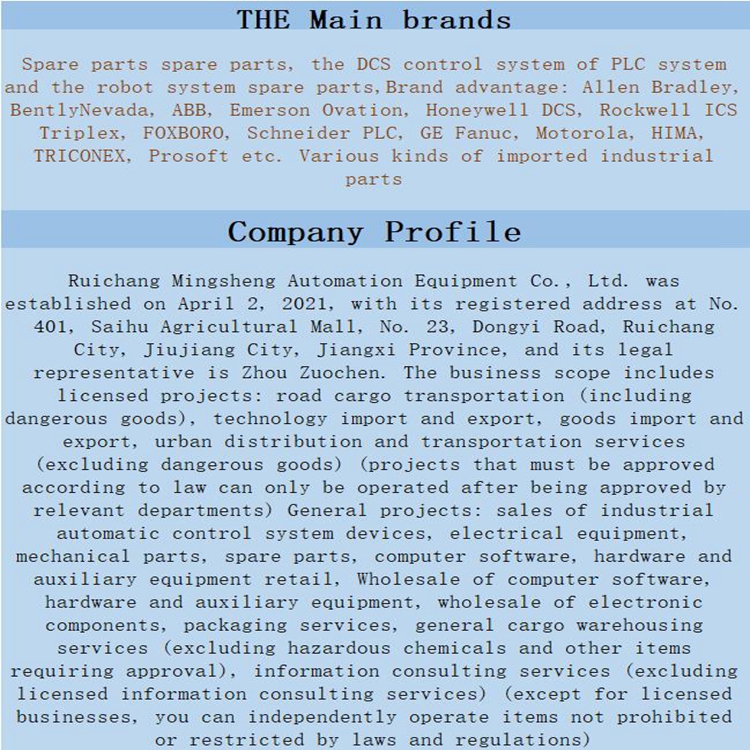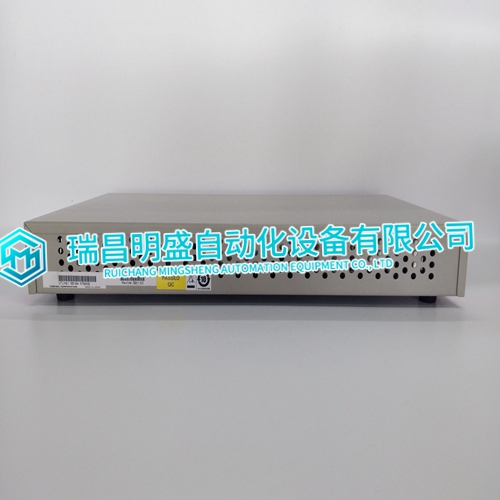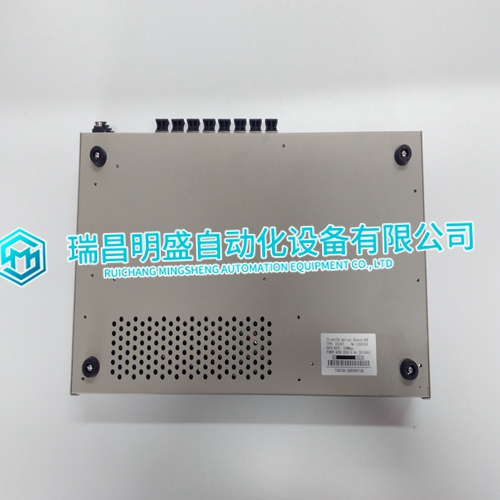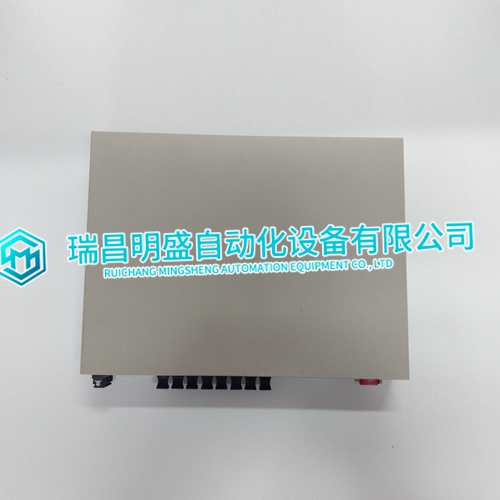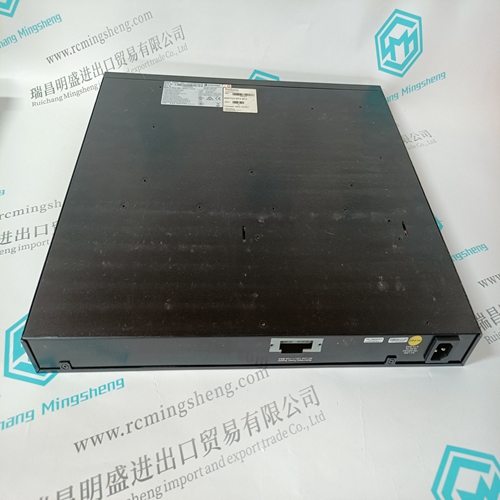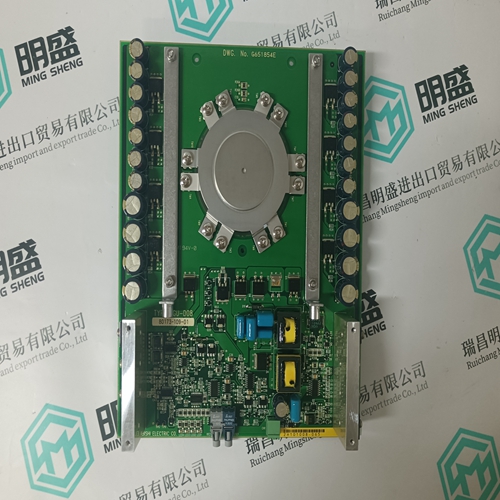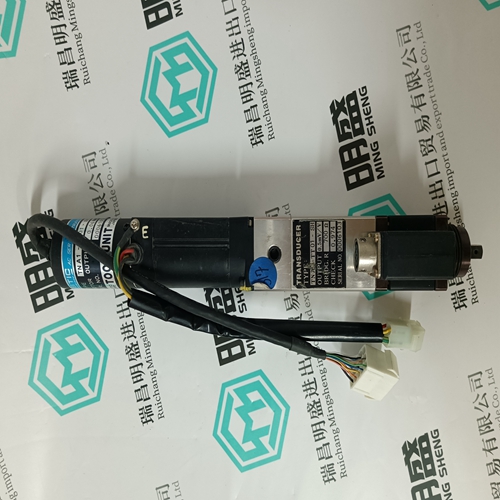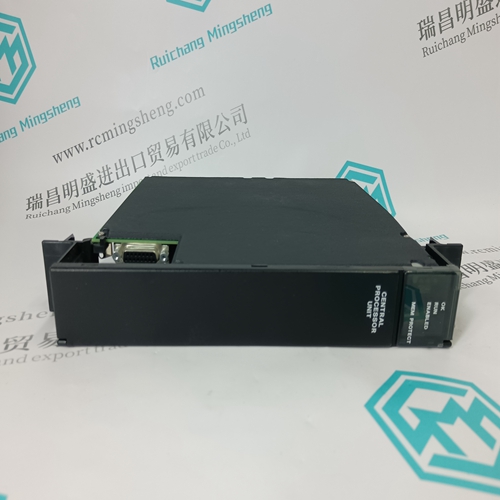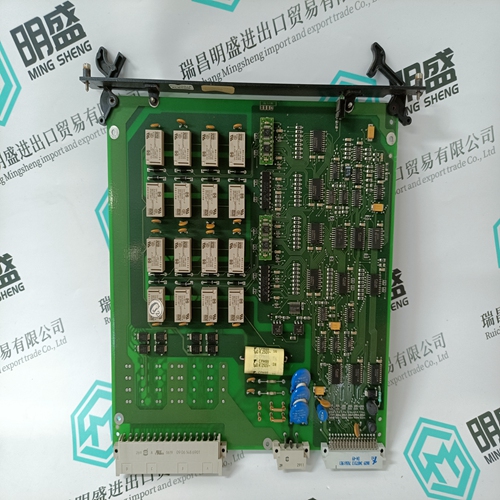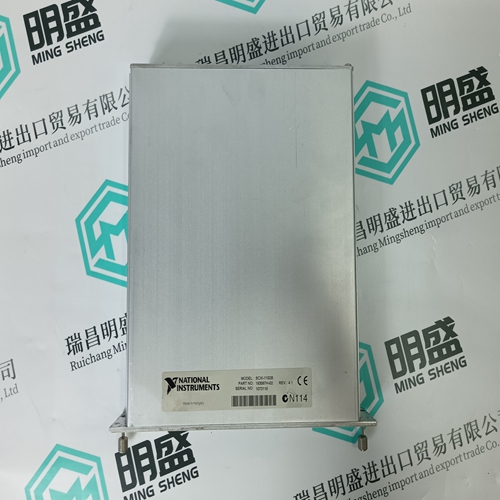Home > Product > Robot control system > TOSHIBA UTLH21 Communication module
TOSHIBA UTLH21 Communication module
- Product ID: UTLH21
- Brand: TOSHIBA
- Place of origin: The United States
- Goods status: new/used
- Delivery date: stock
- The quality assurance period: 365 days
- Phone/WhatsApp/WeChat:+86 15270269218
- Email:stodcdcs@gmail.com
- Tags:TOSHIBAUTLH21Communication module
- Get the latest price:Click to consult
TOSHIBA UTLH21 Communication module
Electrical safety precautions These electrical safety precautions are for all personnel who do work on the drive, motor cable or motor. WARNING! Obey these instructions. If you ignore them, injury or death, or damage to the equipment can occur. If you are not a qualified electrician, do not do installation or maintenance work. Go through these steps before you begin any installation or maintenance work. 1. Clearly identify the work location and equipment. 2. Disconnect all possible voltage sources. Make sure that re-connection is not possible. Lock out and tag out. • Open the main disconnecting device of the drive. • Open the charging switch if present. • Open the disconnector of the supply transformer. (The main disconnecting device in the drive cabinet does not disconnect the voltage from the AC input power busbars of the drive cabinet.) • If the drive is equipped with a DC/DC converter unit (optional): Open the DC switch/disconnector ([Q11], option +F286) of the DC/DC converter. Open the disconnecting device of the energy storage connected to the DC/DC converter unit (outside the drive cabinet).
• Open the auxiliary voltage switch-disconnector (if present), and all other possible disconnecting devices that isolate the drive from dangerous voltage sources.
• In the liquid cooling unit (if present)
open the motor protective circuit breaker(s) of the cooling pumps. • If you have a permanent magnet motor connected to the drive, disconnect the motor from the drive with a safety switch or by other means.
• Disconnect any dangerous external voltages from the control circuits.
• After you disconnect power from the drive, always wait 5 minutes to let the intermediate circuit capacitors discharge before you continue. 3. Protect any other energized parts in the work location against contact. 4. Take special precautions when close to bare conductors. 5. Measure that the installation is de-energized. If the measurement requires removal or disassembly of shrouding or other cabinet structures, obey the local laws and regulations applicable to live working (including – but not limited to – electric shock and arc protection).
• Use a multimeter with an impedance greater than 1 Mohm.
• Make sure that the voltage between the drive input power terminals (L1, L2, L3) and the grounding (PE) busbar is close to 0 V.
• Make sure that the voltage between the drive DC busbars (+ and -) and the grounding (PE) busbar is close to 0 V.
• Make sure that the voltage between the drive output terminals (T1/U, T2/V, T3/W) and the grounding (PE) busbar is close to 0 V. 6. Install temporary grounding as required by the local regulations. 7. Ask the person in control of the electrical installation work for a permit to work
